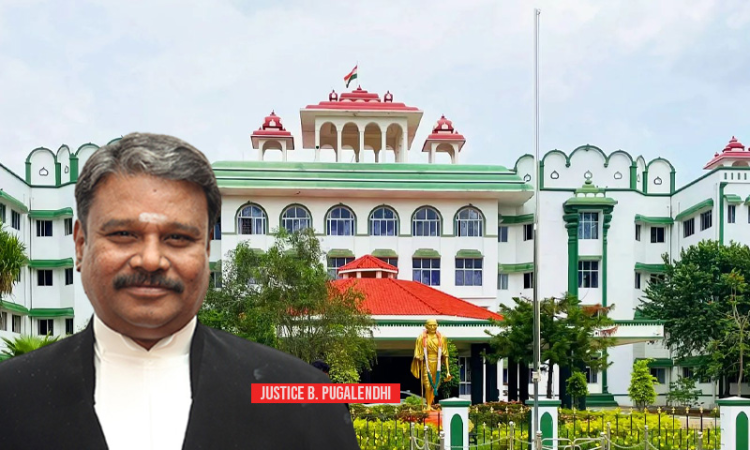Gratification Of Electors During Election Demolishes Basic Structure Of Constitution And Democracy: Madras High Court
Upasana Sajeev
17 April 2024 6:06 PM IST

Next Story
17 April 2024 6:06 PM IST
The Madras High Court recently remarked that gratification to voters in the form of money, food, prizes, etc. during elections would demolish the basic structure of the constitution and democracy. Justice B Pugalendhi of the Madurai bench also lamented that the legislature has not treated such gratifications with gravity as the offence was punishable only with imprisonment to an extent...
